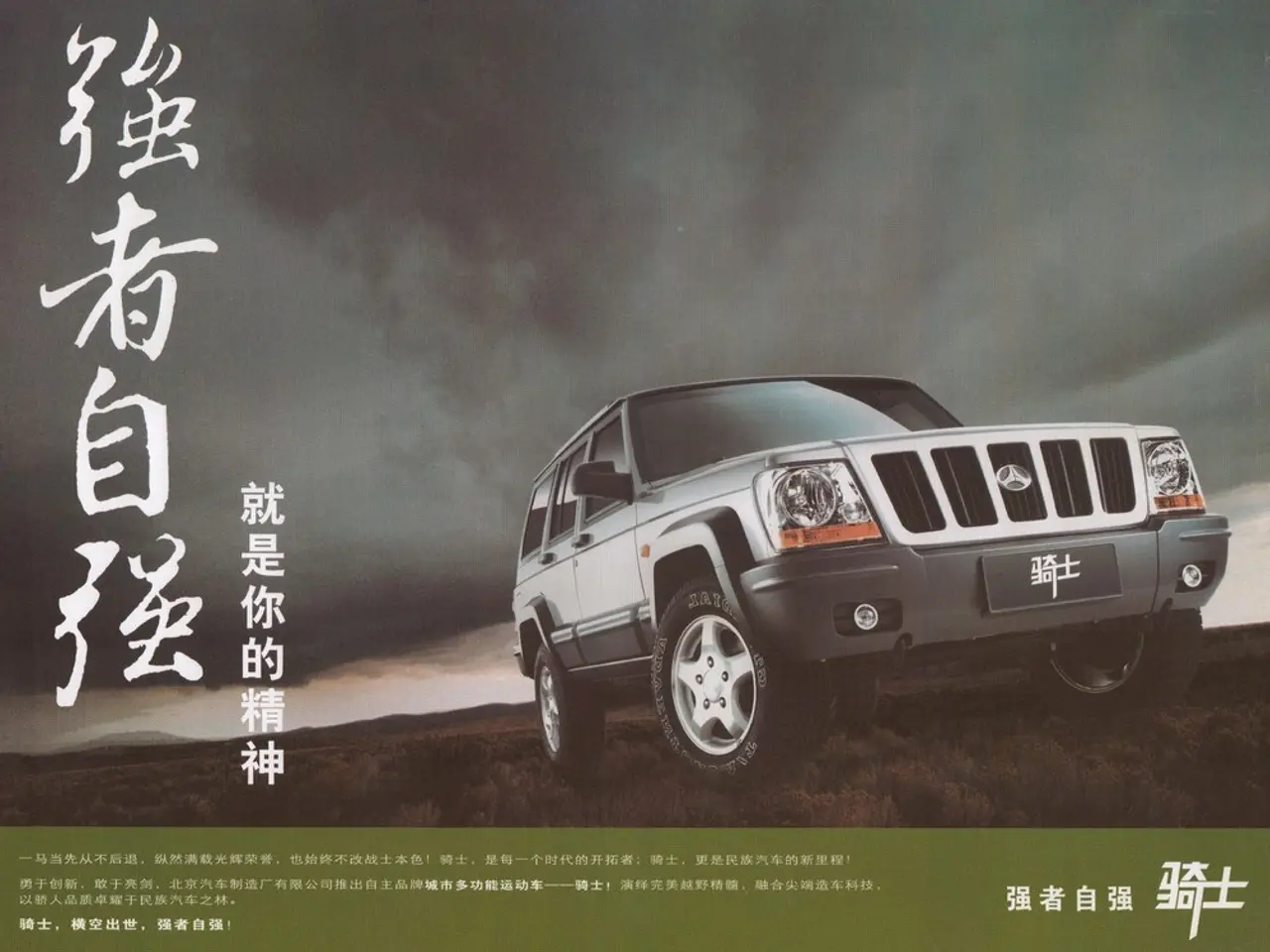Taiwan condemns Chinese defense minister's statements, reiterates territorial independence, and upholds democratic values
In the Indo-Pacific regions, Taiwan has registered democratic partner countries for exchange and cooperation. While the specific countries it partnered with in the Indian Ocean and South Pacific are not directly listed, its strategic cooperation is closely linked with key players such as the USA, Japan, and the Philippines. This alliance, often referred to as the Japan-Taiwan-Philippines trio, is seen as crucial for regional security.
Taiwan's Ministry of Foreign Affairs has unequivocally reaffirmed its commitment to working with democratic partners and protecting social security, democracy, and regional peace. This stance is a response to the ongoing tensions with mainland China, which has never governed Taiwan. The ministry has rejected Chinese Defence Minister Dong Jun's claims that Taiwan is part of China, condemning them as falsehoods that distort historical facts and rely on threats of military coercion. Such tactics, they warned, are designed to legitimize aggression, alter the regional status quo, and destabilize peace and security across the Taiwan Strait.
The ministry's actions are aimed at maintaining peace and security in the Indo-Pacific regions. After World War II, the Treaty of San Francisco became the guiding international framework, superseding earlier wartime declarations. This treaty never ceded Taiwan to the People's Republic of China, solidifying Taiwan's position as an independent entity.
Taiwan's government has pledged to counter China's false narratives, particularly those involving 'lawfare,' or the manipulation of international legal and historical narratives to portray Taiwan as an internal issue. Taiwan officials accuse Beijing of this tactic, aimed at undermining Taiwan's social security and international standing.
The political landscape of Taiwan has undergone significant changes since the 1980s, transitioning to political liberalization. This paved the way for the first direct presidential election in 1996, marking a shift towards democratic elections that have consistently strengthened Taiwan's political system, civic identity, and the people's steadfast commitment to freedom and democracy.
Taiwan's ministry aims to maintain stability in the Indo-Pacific regions and safeguard prosperity. In line with these goals, the ministry plans to protect democratic values and safeguard global stability, countering China's influence. Taiwan intends to remain a responsible member of the international community, working with its democratic partners to maintain peace and security in the regions.
Reports of these commitments have been made by Taiwan News, as cited by ANI. The ministry's actions underscore Taiwan's unwavering commitment to its democratic values and sovereignty, even in the face of regional tensions.
Read also:
- United States tariffs pose a threat to India, necessitating the recruitment of adept negotiators or strategists, similar to those who had influenced Trump's decisions.
- Weekly happenings in the German Federal Parliament (Bundestag)
- Southwest region's most popular posts, accompanied by an inquiry:
- Discussion between Putin and Trump in Alaska could potentially overshadow Ukraine's concerns





